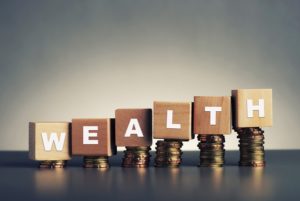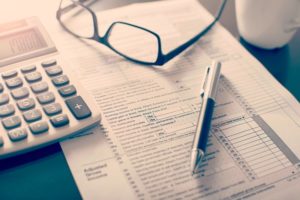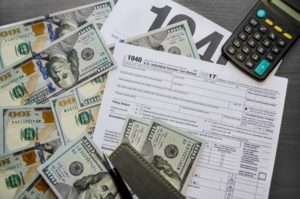Sale of Residence – Real Estate Tax Tips
[vc_row][vc_column][vc_column_text]
Sale of Residence – Real Estate Tax Tips
You may qualify to exclude from your income all or part of any gain from the sale of your main home. Your main home is the one in which you live most of the time.
Ownership and Use Tests
To claim the exclusion, you must meet the ownership and use tests. This means that during the 5-year period ending on the date of the sale, you must have:
- Owned the home for at least two years (the ownership test)
- Lived in the home as your main home for at least two years (the use test)
Gain
If you have a gain from the sale of your main home, you may be able to exclude up to $250,000 of the gain from your income ($500,000 on a joint return in most cases).
- If you can exclude all of the gain, you do not need to report the sale on your tax return
- If you have gain that cannot be excluded, it is taxable. Report it on Schedule D (Form 1040)
Loss
You cannot deduct a loss from the sale of your main home.
Worksheets
Worksheets are included in Publication 523, Selling Your Home, to help you figure the:
- Adjusted basis of the home you sold
- Gain (or loss) on the sale
- Gain that you can exclude
Reporting the Sale
Do not report the sale of your main home on your tax return unless you have a gain and at least part of it is taxable. Report any taxable gain on Schedule D (Form 1040).
More Than One Home
If you have more than one home, you can exclude gain only from the sale of your main home. You must pay tax on the gain from selling any other home. If you have two homes and live in both of them, your main home is ordinarily the one you live in most of the time.
Example One:
You own and live in a house in the city. You also own a beach house, which you use during the summer months. The house in the city is your main home; the beach house is not.
Example Two:
You own a house, but you live in another house that you rent. The rented house is your main home.
Business Use or Rental of Home
You may be able to exclude your gain from the sale of a home that you have used for business or to produce rental income. But you must meet the ownership and use tests.
Example:
On May 30, 1997, Amy bought a house. She moved in on that date and lived in it until May 31, 1999, when she moved out of the house and put it up for rent. The house was rented from June 1, 1999, to March 31, 2001. Amy moved back into the house on April 1, 2001, and lived there until she sold it on January 31, 2003. During the 5-year period ending on the date of the sale (February 1, 1998 – January 31, 2003), Amy owned and lived in the house for more than 2 years as shown in the table below.
| Five Year Period | Used as Home | Used as Rental |
|---|---|---|
|
2/1/98-5/31/99 |
16 months |
|
|
6/1/99-3/31/01 |
22 months |
|
|
4/1/01-1/31/03 |
22 months |
|
|
38 months |
22 months |
Amy can exclude gain up to $250,000. However, she cannot exclude the part of the gain equal to the depreciation she claimed for renting the house.[/vc_column_text][/vc_column][/vc_row]
Which Factors Play the Greatest Role in Determining Wealth?
Which Factors Play the Greatest Role in Determining Wealth? By Alan Olsen For most people, becoming rich is just a dream. Most people simply hope or wish to become wealthy, but never actually achieve this dream. If given the chance, everyone would choose to be wealthy, right? Who’s going to turn down huge amounts of…
New Tax Law Has Negative Side Effects for Retirees
New Tax Law Has Negative Side Effects for Retirees Getting ready to retire? Just recently called it quits? If you haven’t already filed your taxes, then you might be in for some surprises, thanks to the new tax laws. Retirement is supposed to be a bed of roses, but of course, life doesn’t always go…
Be Careful When You Decide to Amend Your Taxes
Be Careful When You Decide to Amend Your Taxes Nobody’s perfect. Even the most careful people make mistakes from time to time. Some mistake hurt much worse than others. Of course, when you’re doing your taxes, mistakes can really be magnified. In fact, they can cost you a lot of money if they’re really big…
Why Are These Wealthy Taxpayers Angry About Taxes?
Why Are These Wealthy Taxpayers Angry About Taxes? By Alan Olsen In most cases, when you hear about someone being angry about taxes, you automatically assume they think they’re paying too much. Nearly all taxpayers think they pay too much, no matter their income level. But for the most part, wealthy taxpayers tend to be…




